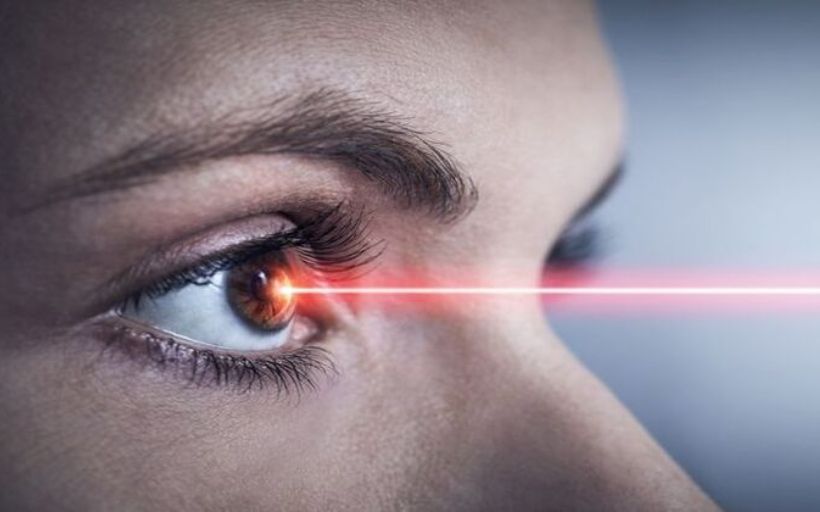If you or a loved one is living with diabetes, you're probably aware of the toll it can take on your overall health. However, one area that often gets overlooked until it's too late is your vision. Diabetes can seriously affect your eyes, leading to conditions like diabetic retinopathy—a condition that, if left untreated, can result in vision loss or even blindness. However, there’s hope: eye laser treatment is a game-changing solution that can help save your vision before it's too late, even if you suffer from diabetes.
Why Is Vision at Risk for People with Diabetes?
Diabetes affects the blood vessels throughout your body, including those in your eyes. In the case of diabetic retinopathy, high blood sugar levels can cause damage to the blood vessels in the retina—the light-sensitive tissue at the back of your eye. Over time, these damaged vessels can leak, swell, or even close off completely, which directly affects your vision.
Unfortunately, diabetic retinopathy often goes unnoticed in its early stages, but when it progresses, it can cause blurred vision, floaters, or even sudden vision loss. This is why regular eye check-ups are crucial for anyone managing diabetes.
How Does Diabetic Eye Laser Treatment Work?
The goal of diabetic eye laser treatment is simple: to stop the progression of diabetic retinopathy and prevent further vision loss. This treatment works by targeting the damaged blood vessels in your retina with a precise laser. The laser helps to seal off any leaking vessels, reduce swelling, and prevent the formation of abnormalities in blood vessels.
While the idea of lasers may sound daunting, the procedure is relatively quick and non-invasive. It’s performed on an outpatient basis, meaning you can go home the same day. You might experience some slight discomfort or sensitivity afterward, but the treatment can significantly reduce the risk of vision loss in the long run.
What Can You Expect After the Procedure?
After undergoing diabetic eye laser treatment, your vision may take some time to stabilize. You might notice blurry vision for a few days or experience some floaters, but this should improve as your eyes heal. The treatment is designed to protect your vision and prevent it from getting worse, so while it may not immediately “restore” your eyesight to what it was, it will certainly slow or halt the progression of further damage.
It’s important to follow up with your eye specialist regularly to monitor your progress. For many patients, a single treatment is enough to manage the condition, but some may require additional sessions depending on the severity of their diabetic retinopathy.
The Benefits of Early Intervention
The earlier you identify diabetic retinopathy, the more effective laser treatment will be. Regular eye exams can detect the early signs of diabetic retinopathy before it starts affecting your vision. This is why many eye specialists recommend that people with diabetes schedule yearly eye exams.
If you’re proactive about your eye health and address issues before they progress, diabetic eye laser treatment can drastically improve your chances of preserving your vision. The earlier you act, the better your outcomes will be.
Protect Your Vision, Protect Your Quality of Life
Living with diabetes doesn’t mean you have to accept vision loss as an inevitable part of the condition. Diabetic eye laser treatment offers a practical, effective way to manage and protect your vision, allowing you to continue enjoying the everyday activities you love. Whether it’s reading, driving, or spending time with family, preserving your eyesight means maintaining your independence and quality of life.
To ensure the best care, schedule a consultation with an experienced specialist at Omake Eye Hospital for diabetic eye laser treatment in Chinchwad.


